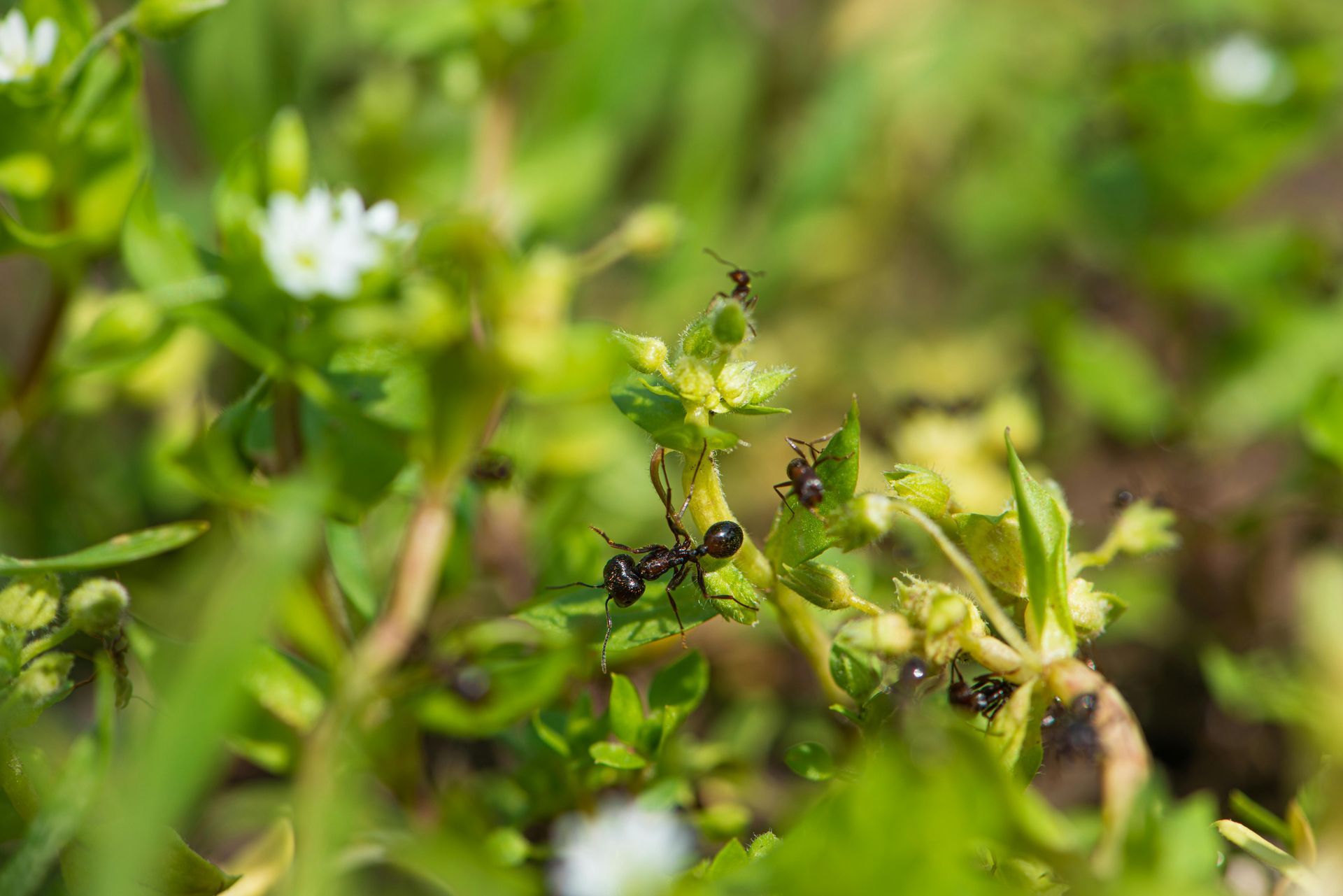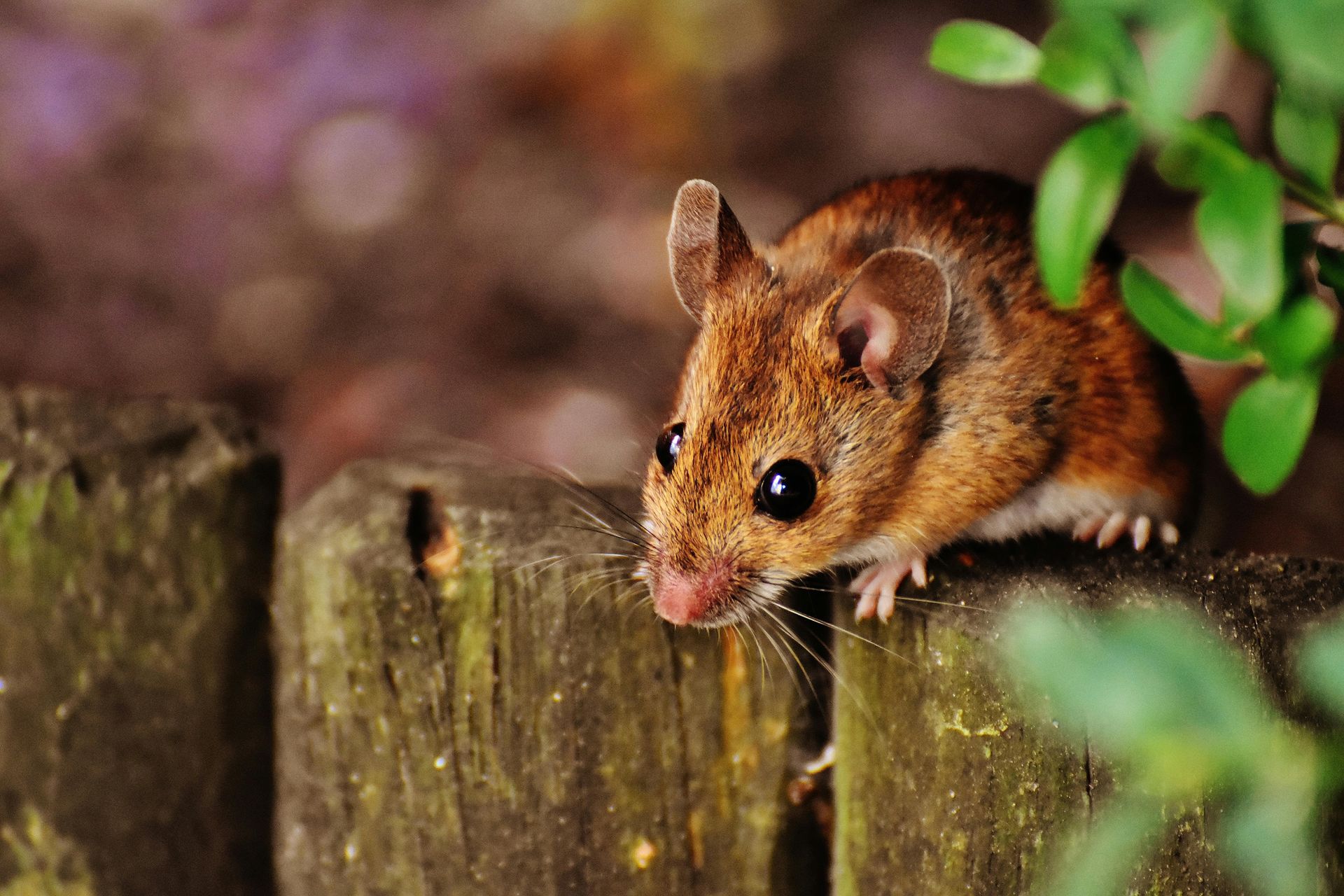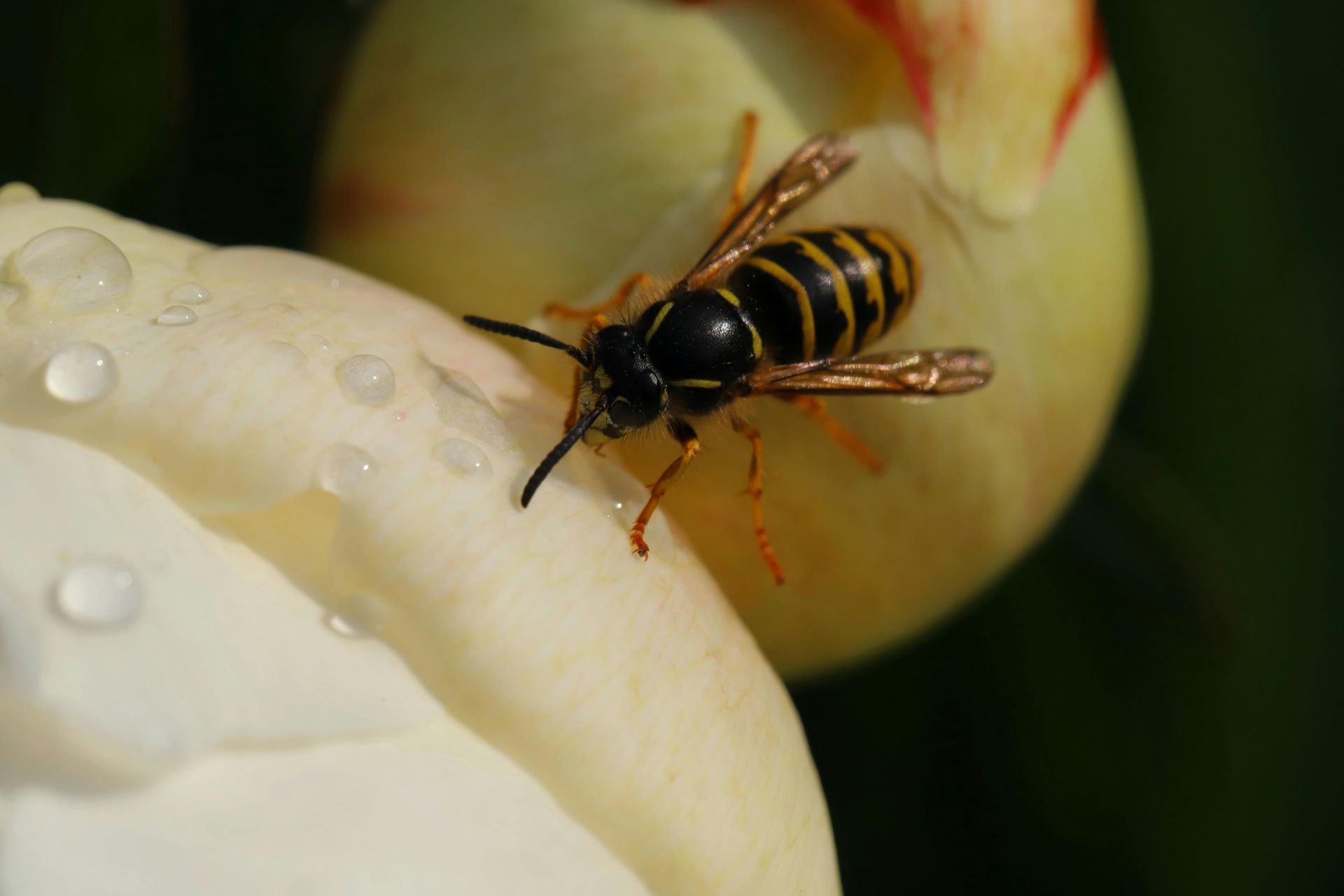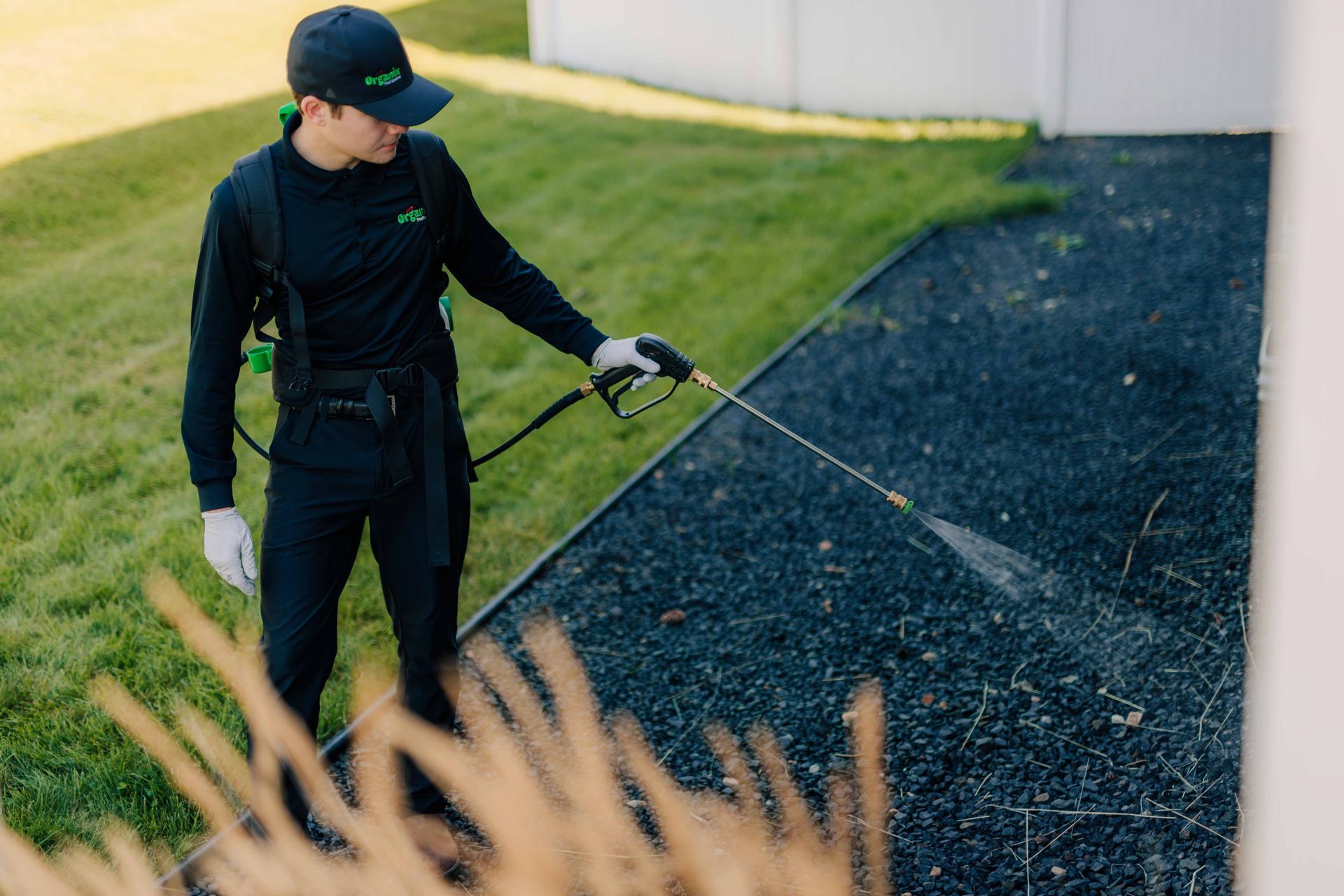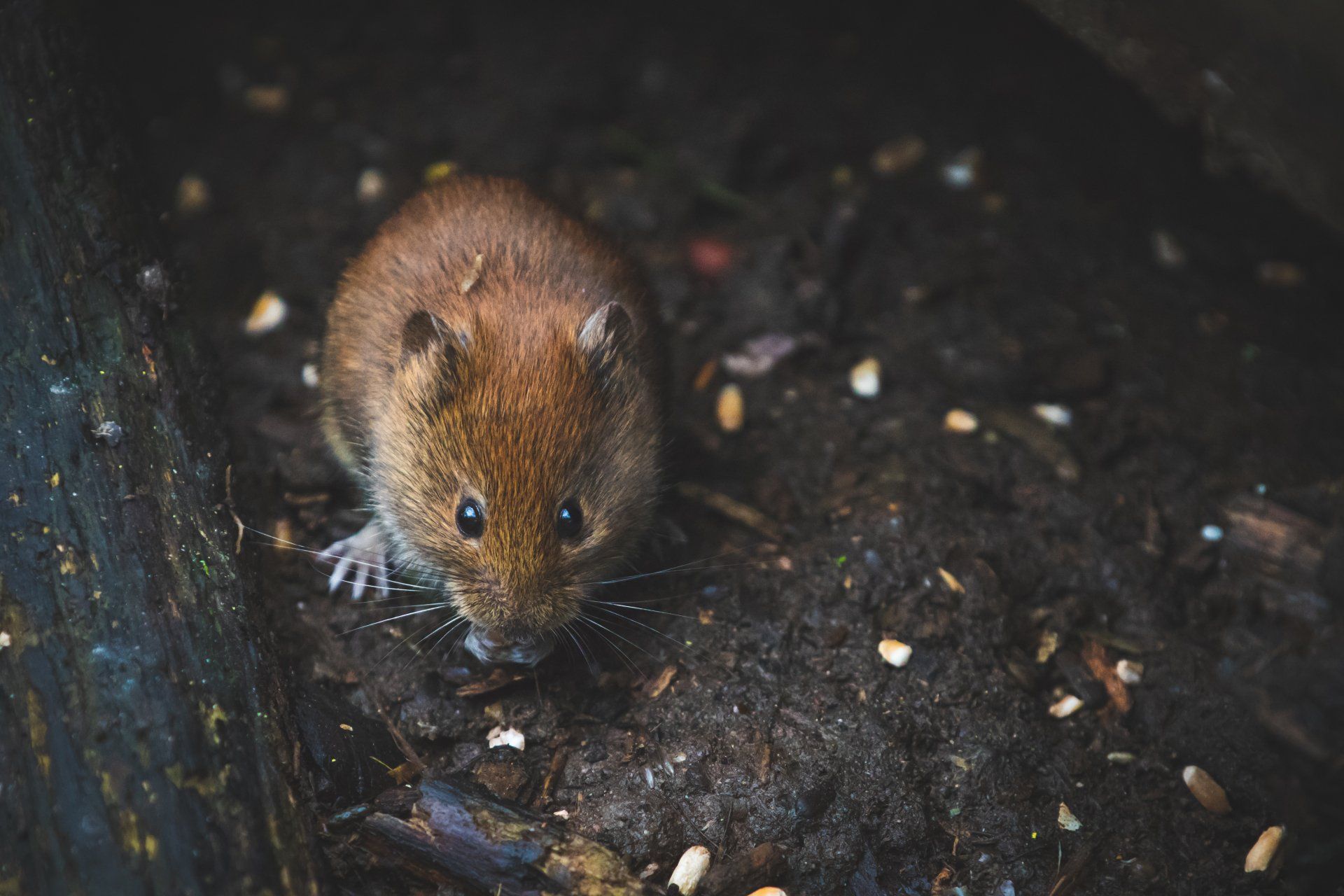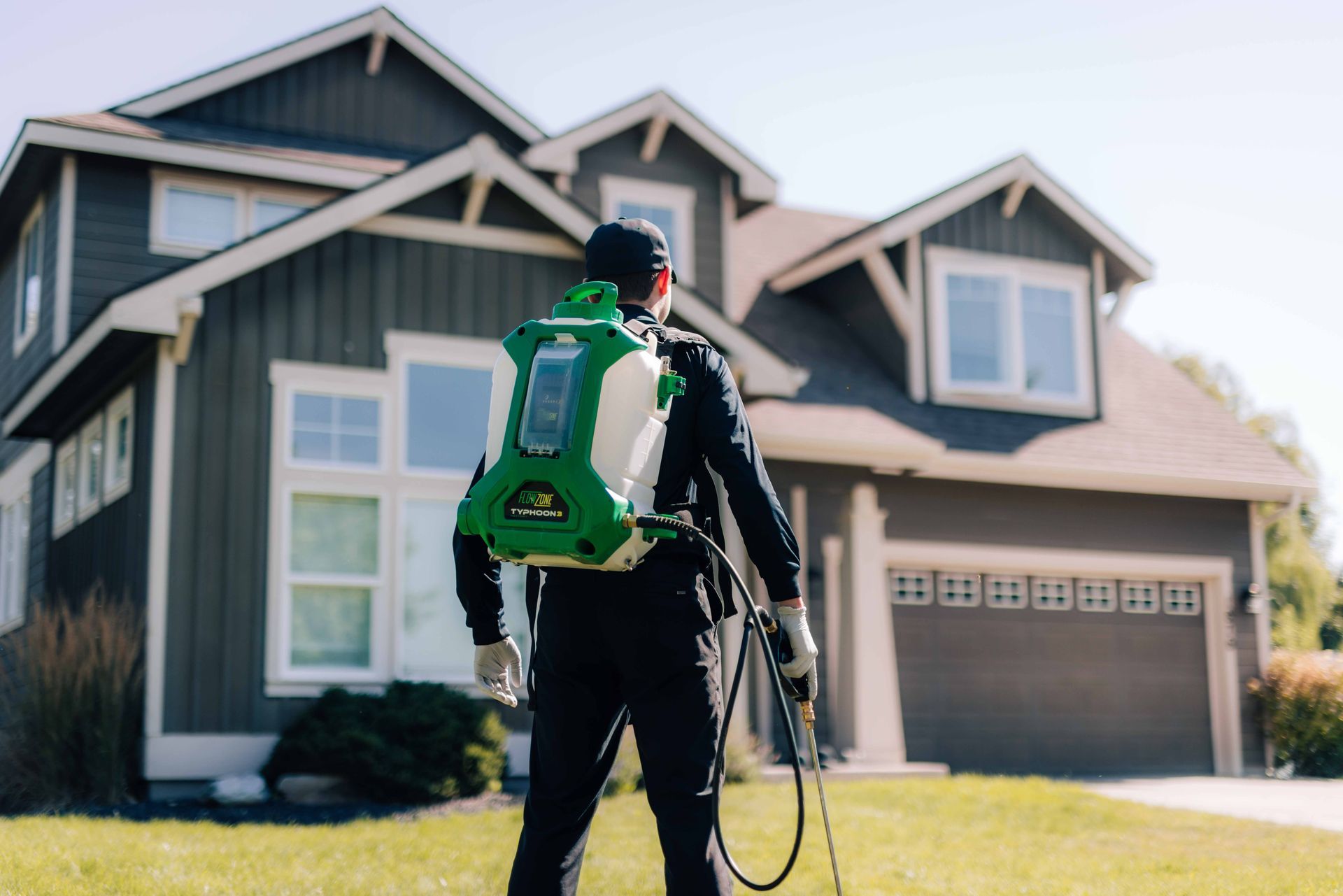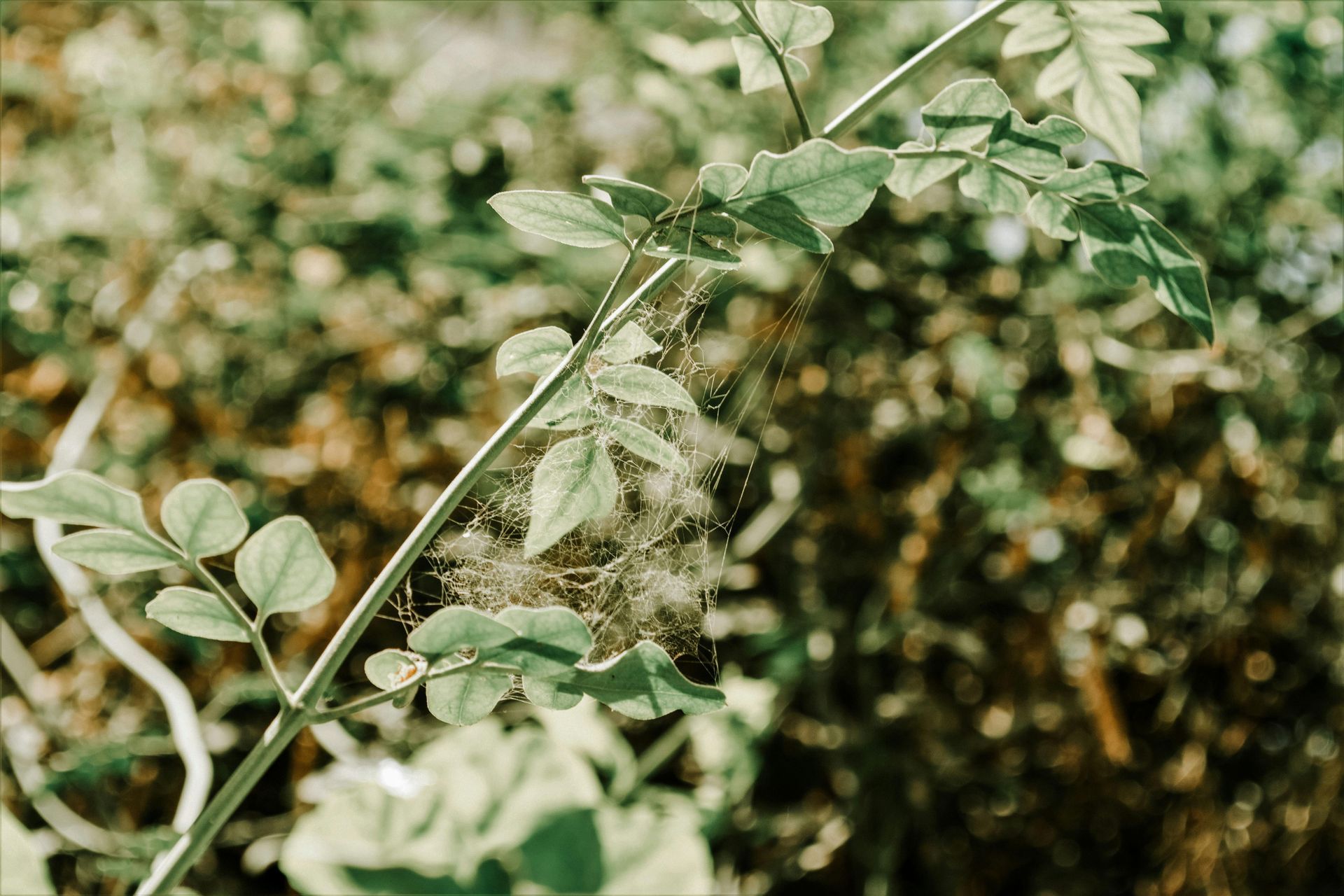Why Regular Pest Control Services Are Important, Even in Winter
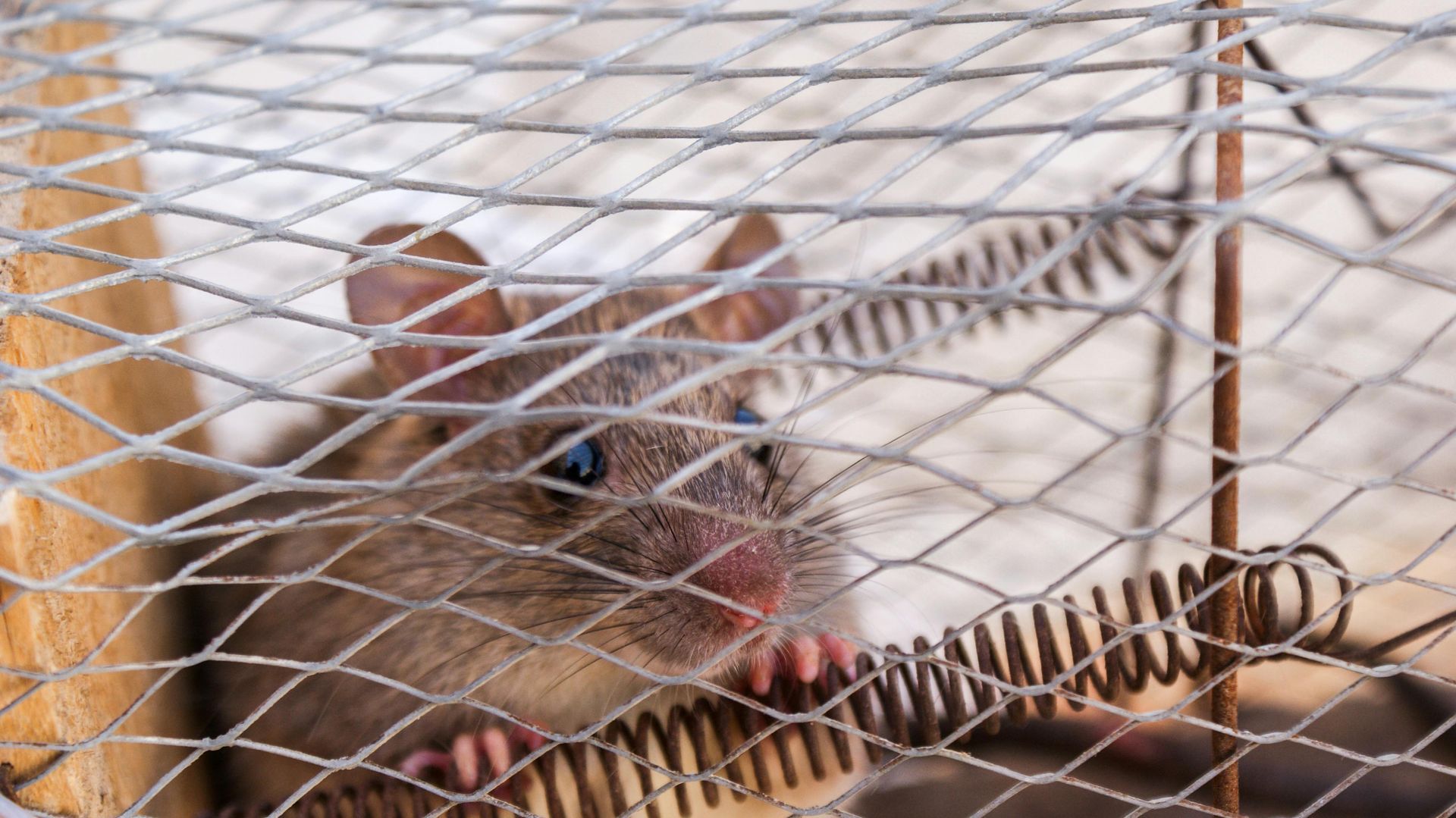
As the temperatures drop and winter sets in, it’s tempting to think that pest problems have disappeared with the warm weather. After all, mosquitoes are gone, ants aren’t marching across the kitchen, and flies have stopped buzzing around. However, the absence of visible pests doesn’t mean they’ve vanished entirely. In fact, winter can be one of the most important times to maintain regular pest control services.
Winter pest control ensures your home remains protected from pests that are still active, often hidden, and potentially dangerous. Let’s explore why pest control is essential even during the colder months.
Winter Pest Behavior: What Happens When the Cold Hits?
Many pests don’t simply die off when temperatures drop, they adapt. Winter pest control addresses the behavior changes pests undergo during the colder months.
1. Indoor Migration
Cold weather drives pests like rodents, spiders, and cockroaches indoors, where they seek warmth, food, and shelter. Basements, crawl spaces, attics, and even your walls provide the perfect environment for pests to survive the winter. Once inside, these pests can breed and create hidden infestations that go unnoticed until they become severe.
2. Dormant Pests
Certain pests, such as termites and bed bugs, remain active year round, even if they’re less visible in winter. Termites, for instance, continue to feed on wood inside your home, causing structural damage, while bed bugs thrive in the warmth of mattresses and furniture.
3. Increased Risk of Damage
Rodents infestations are particularly problematic in winter. Not only do they spread diseases, but they can also chew through electrical wiring, insulation, and wood, leading to costly repairs. Early detection through regular pest control can prevent these issues before they escalate.
Why Regular Pest Control is Essential in Winter
Even if you don’t see pests, they could still be lurking in your home. Regular pest control services during winter provide several benefits:
1. Prevention is Better Than Cure
Winter pest control focuses on prevention. Pest control professionals can identify vulnerabilities in your home, such as cracks, gaps, or food sources, and address them before pests gain entry. Preventative measures save time, money, and stress compared to dealing with an established infestation.
2. Hidden Infestations
Many pests are experts at hiding. Rodents may nest in attics or behind walls, while cockroaches hide in kitchen crevices. Regular pest control inspections uncover these hidden infestations, stopping them from spreading further into your home.
3. Long Term Protection
Treating pests during winter reduces their populations, making spring infestations less likely. For example, controlling rodents or insects in winter helps prevent their offspring from emerging in large numbers when the weather warms up.
4. Protecting Your Health
Pests like rodents, cockroaches, and bed bugs can pose serious health risks. Rodents carry diseases such as hantavirus and salmonella, while cockroach allergens can trigger asthma and allergies. Regular pest control minimizes these risks, keeping your home safe and healthy.
Common Winter Pests and How Pest Control Tackles Them
Several pests remain active in Spokane homes during winter. Here’s how pest control services address the most common ones:
Rodents (Mice and Rats)
Rodents enter homes to escape the cold, often nesting in basements, attics, or behind walls. Pest control professionals use a combination of traps, bait stations, and exclusion techniques to eliminate rodents and seal entry points to prevent re-entry.
Cockroaches
Cockroaches thrive in warm, moist environments like kitchens and bathrooms. Winter pest control targets cockroach hiding spots with safe, effective treatments and ensures food sources are securely stored to reduce infestations.
Spiders
Spiders often seek shelter indoors during winter. Pest control services remove existing webs and apply treatments to deter spiders from returning. Professionals can also address the underlying issue: the insects spiders prey on.
Termites
Termites remain active even in winter, silently causing damage to wood structures. Regular pest control inspections detect termite activity early, allowing professionals to apply targeted treatments before significant damage occurs.
Silverfish
Silverfish are drawn to damp, dark areas like basements and bathrooms. Pest control services help manage humidity levels and apply treatments to reduce silverfish populations.
Winter Pest Control Tips for Homeowners
While professional pest control is the most effective solution, there are steps you can take to reduce pest activity in your home during winter:
1. Seal Entry Points
Inspect your home’s exterior for cracks, gaps, or holes, especially around doors, windows, and utility pipes. Use caulk, weather stripping, or steel wool to seal these entry points and prevent pests from entering.
2. Store Food Properly
Keep all food in airtight containers and clean up crumbs or spills immediately. Don’t leave pet food out overnight, as it can attract rodents and insects.
3. Reduce Clutter
Cluttered areas provide hiding spots for pests. Organize storage spaces, especially basements, attics, and garages, and use sealed plastic containers instead of cardboard boxes.
4. Manage Moisture Levels
Fix any leaks and use dehumidifiers in damp areas like basements or crawl spaces. Pests like cockroaches and silverfish thrive in moist environments, so keeping your home dry is key.
5. Clean Regularly
Vacuum and dust frequently to remove spider webs, rodent droppings, and other signs of pest activity. Regular cleaning helps you spot early signs of infestations.
Why Professional Pest Control is Worth It in Winter
Professional pest control services offer expertise, tools, and long term solutions that go beyond DIY methods. Here’s why hiring a pest control service in winter is a smart choice:
1. Comprehensive Inspections
Pest control professionals know where to look for hidden pests and can identify early signs of infestations that homeowners may miss.
2. Tailored Treatments
Different pests require different treatment methods. Pest control professionals tailor their approach to target specific pests in your home, ensuring effective results.
3. Prevention Strategies
Professionals not only treat current infestations but also implement measures to prevent future problems. This includes sealing entry points, applying preventative treatments, and providing advice on keeping your home pest free.
4. Peace of Mind
Knowing that your home is protected from pests provides peace of mind. You can enjoy the winter season without worrying about hidden infestations or the damage pests can cause.
Conclusion
Regular pest control services are just as important in winter as they are in summer. Many pests remain active during the colder months, hiding indoors and causing damage or health risks. By maintaining pest control in winter, you can address hidden infestations, prevent future problems, and ensure your home remains safe and comfortable year round.
Don’t wait for pests to become visible take proactive steps this winter to protect your home. Whether it’s rodents in the attic, spiders in the basement, or termites in the walls, regular pest control ensures that pests stay out where they belong.
FAQs
1. What pests are active in winter?
Common winter pests include rodents, cockroaches, spiders, termites, and silverfish, all of which seek warmth and shelter indoors.
2. How often should I schedule pest control in winter?
It’s recommended to schedule a pest control service at least once during the winter to inspect for hidden infestations and apply preventative treatments.
3. Can I skip pest control in winter if I don’t see pests?
No, pests often hide during winter, making regular pest control essential for detecting and preventing infestations before they become serious.
4. Are professional pest control services safe?
Yes, reputable pest control companies use eco friendly products and techniques that are safe for your family and pets.
5. How can I prevent pests in winter?
Seal entry points, store food properly, manage moisture levels, and keep your home clean to make it less attractive to pests.

